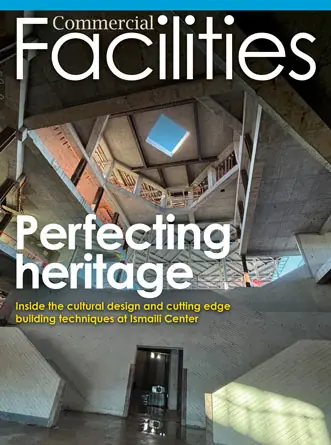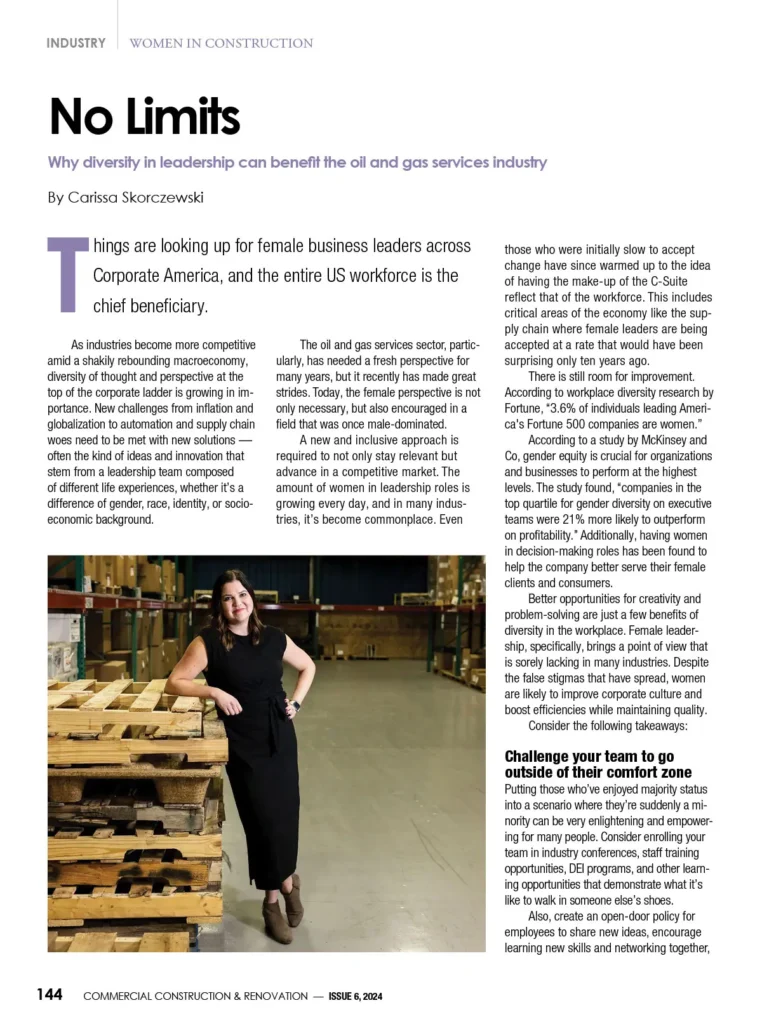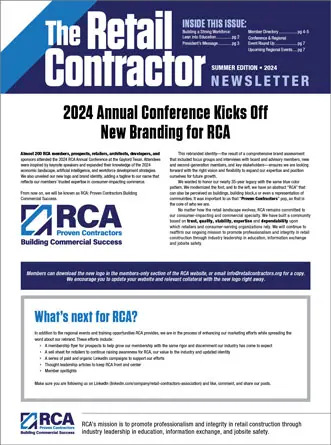As organizations grow, the importance of efficiently managing information cannot be understated. An integral tool in this endeavor is the Knowledge Management System. But what is it and how does it work? Keep reading to find out.
Deciphering the Term: Knowledge Management System
Before delving into the specifics, let’s understand the term—knowledge management system (KMS). This system aims to gather, organize, and distribute an organization’s knowledge, making it accessible to all stakeholders. It’s essentially a central knowledge repository.
A KMS can hold data, documents, policies, procedures, and expertise in an easily searchable database. It promotes a ‘sharing’ culture, making collective knowledge a powerful resource. This shared repository can foster innovation, decision-making, and problem-solving.
The types of KMSs range from document management and learning management systems to knowledge management databases. Knowing which system to adopt depends greatly on your organization’s specific needs and goals.
Through the KMS, important company insights are readily accessible, ensuring information does not remain siloed or go unnoticed. This helps develop an effective and efficient organization.
Unraveling the Mechanics of a Knowledge Management System
A successful KMS operates on four primary components—people, process, content, and technology. It begins with the people who are the creators, users, and managers of knowledge. They categorize and store their insights into the system.
The process involves methodologies by which knowledge is captured, normalized, stored, and disseminated. A key aspect here is ensuring the knowledge remains relevant and up-to-date. This demands regular review and updating of content.
Lastly, technology plays a crucial role in supporting the other three components. It aids the smooth functioning of the KMS by allowing easy navigation, search, and knowledge sharing.
Role of AI in Streamlining Knowledge Management System Processes
The sheer volume and diversity of data handled by a KMS present a unique challenge. Here, artificial intelligence (AI) and machine learning (ML) can prove invaluable. AI can aid in sorting and analyzing data, making information retrieval more efficient.
With AI, content can be automatically categorized and labeled, eliminating the need for manual work. It reduces the time and resources expended on managing the KMS.
ML, on the other hand, learns user behavior and preferences, presenting them with customized, relevant content. It enhances the system’s adaptability, making it increasingly efficient over time.
In essence, AI and ML can greatly enhance a KMS, making it dynamic, responsive, and user-friendly.
Best Practices for Implementing Knowledge Management Systems
Implementing a KMS is a considerable task. It requires thorough planning and execution. Begin by conducting an audit of your present knowledge landscape. Identify gaps and know what you’re aiming to achieve with the KMS.
Involve users in the design and implementation process. This ensures their needs and expectations are met, leading to better user adoption. The system must be user-friendly, intuitive, and capable of satisfying diverse knowledge needs.
Remember, it’s essential to provide continuous training and support. Regularly review system performance and tweak as necessary.
Above all, foster a culture of knowledge sharing and learning. This is essential for the successful operation of any KMS.
Evaluating the Impact of a Knowledge Management System on Business Performance
Implementing a KMS is not a one-time effort. Its efficiency needs to be assessed regularly against predefined goals. Commonly tracked metrics include employee productivity, decision-making time, innovation rate, and customer satisfaction.
The KMS should directly boost operational performance, leading to higher productivity and reduced time and resources spent on information gathering.
It should also contribute toward improving knowledge application and stimulate innovation. By providing a platform for sharing and collaboration, it should cultivate a pro-learning environment.
Furthermore, a good KMS leaves a positive impact on customer relationships. Faster decision-making, improved services, and effective solutions, all driven by the system, often result in increased customer satisfaction.
Overall, a Knowledge Management System is a significant tool for any organization seeking to promote a knowledge-sharing culture. It anchors information in a central database, improving decision-making, productivity, and innovation.







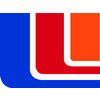

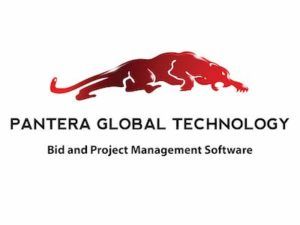
 The 2024 virtual Men’s Round Table will be held Q4, 2024, date TBD.
The 2024 virtual Men’s Round Table will be held Q4, 2024, date TBD.


